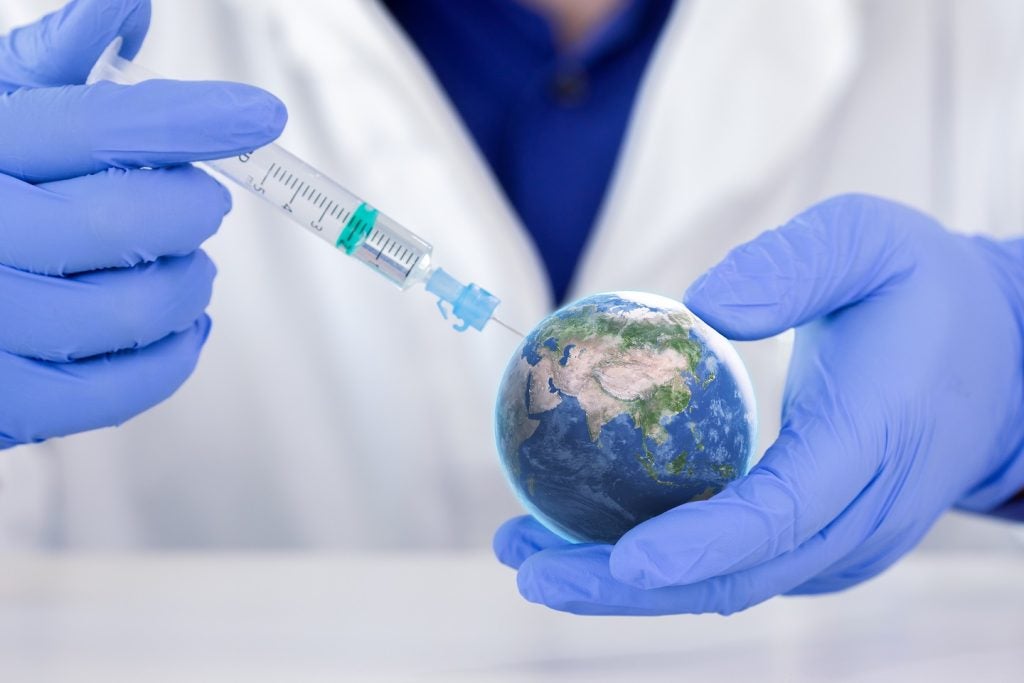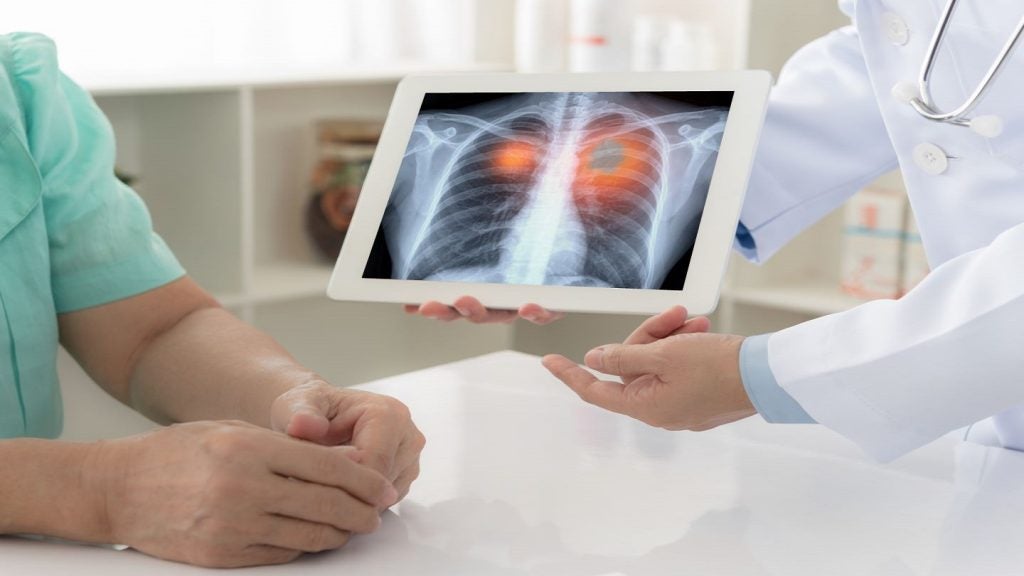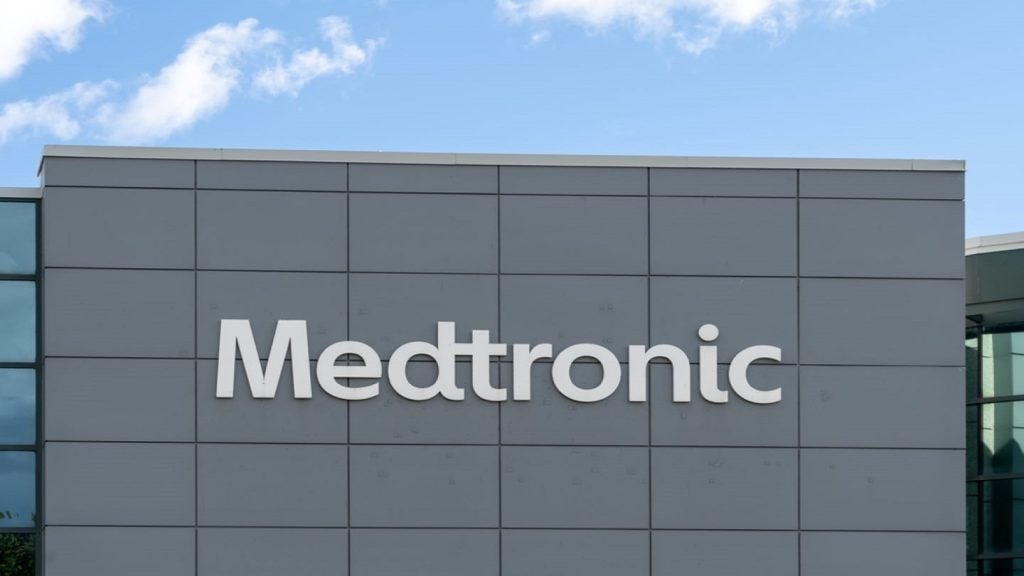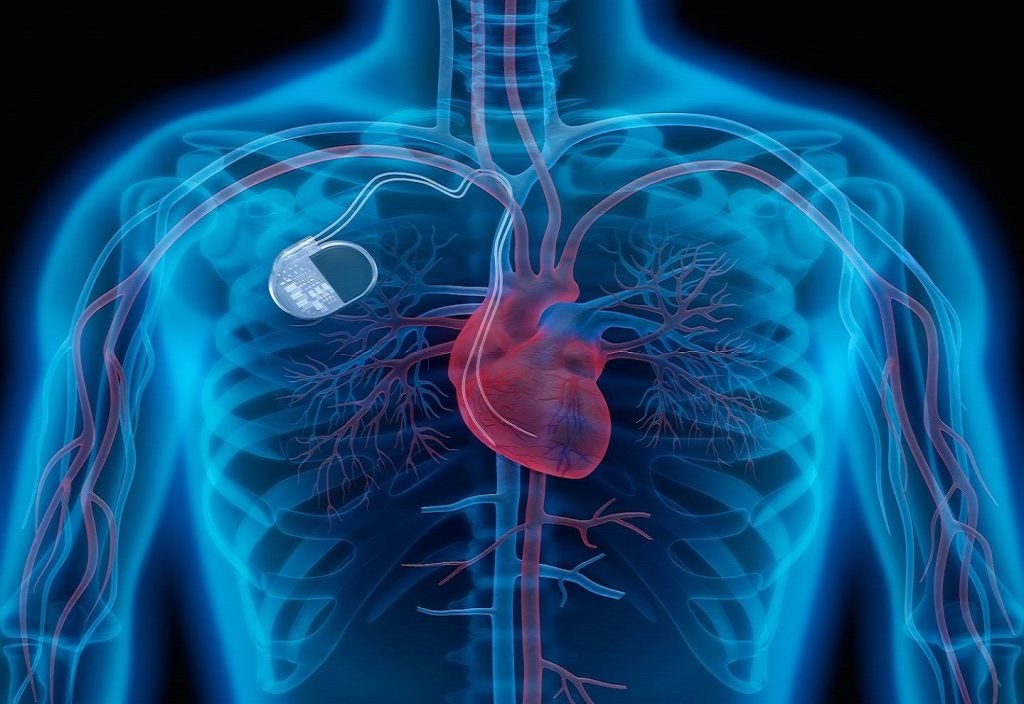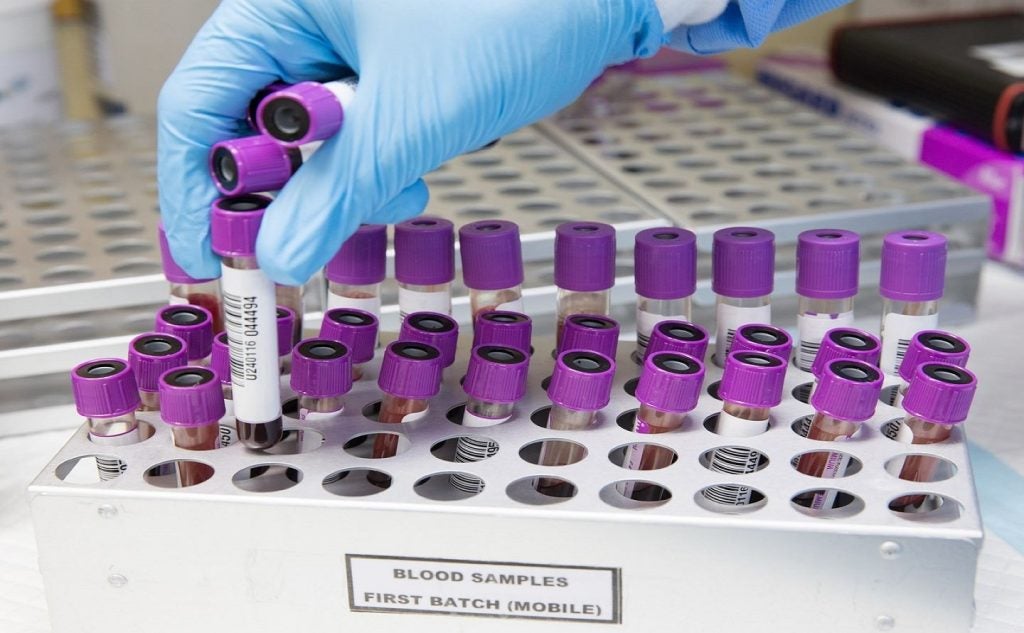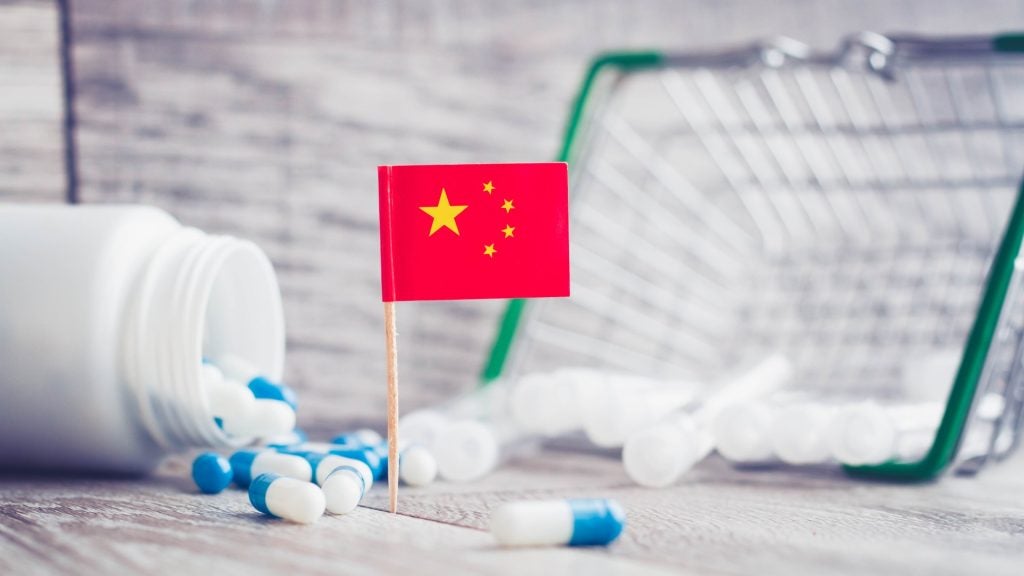On August 18, the Africa Centers for Disease Control and Prevention (CDC) formed a partnership with Africa Development Agency-New Partnership for Africa’s Development (AUDA-NEPAD) to enhance the continent’s diagnostic testing access to improve overall health security in Africa. Access to high-quality disease testing in Africa is crucial as many individuals with treatable illnesses do not have the necessary care due to low diagnostic capabilities and limited treatment options. According to the World Health Organization (WHO), in 2017, Africa held more than 24% of the global burden of diseases but had access to only 3% of healthcare workers and less than 1% of the world’s financial resources. Therefore, this continent-wide effort to improve in vitro diagnostics (IVD) practices will be beneficial to Africa’s healthcare system. The roadmap involves developing a list of IVD devices for priority diseases for evaluation and regulatory approval, establishing local manufacturing, improving local testing capacity in diagnostic centres, expanding global price negotiation for IVD devices, and harmonising current regulatory processes and requirements to streamline improved IVD access in Africa.
The magnified interest and collective focus on IVD testing improvement starting with local manufacturers and prioritising diseases in Africa will lead to a huge increase in Africa’s IVD market as new players enter the market and existing IVD companies gain continent-wide interest to develop and manufacture more tests. Although the Africa CDC and AUDA-NEPAD are focusing on growing local manufacturers, this could be a unique and potentially prosperous opportunity for foreign manufacturers to partner with Africa-based IVD companies to expedite test development and implementation.


